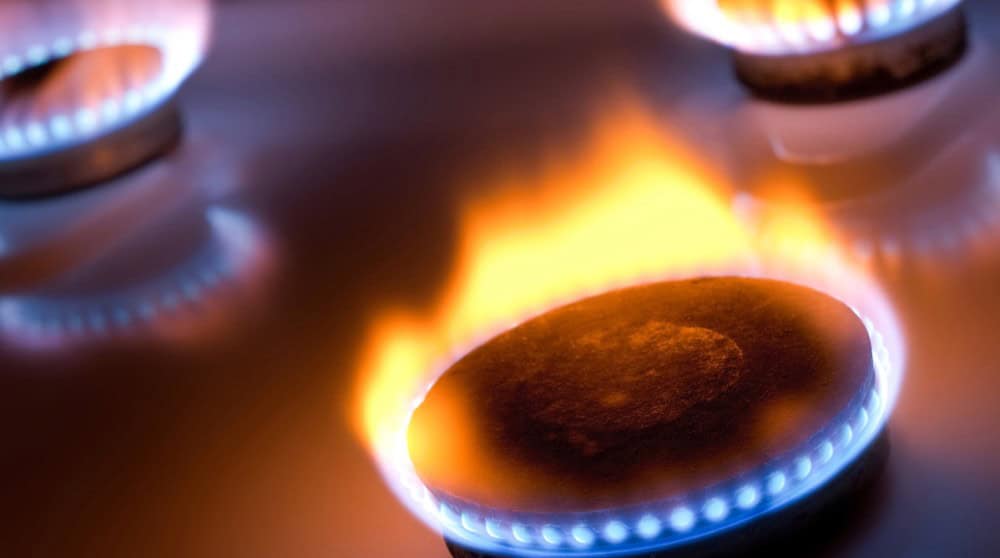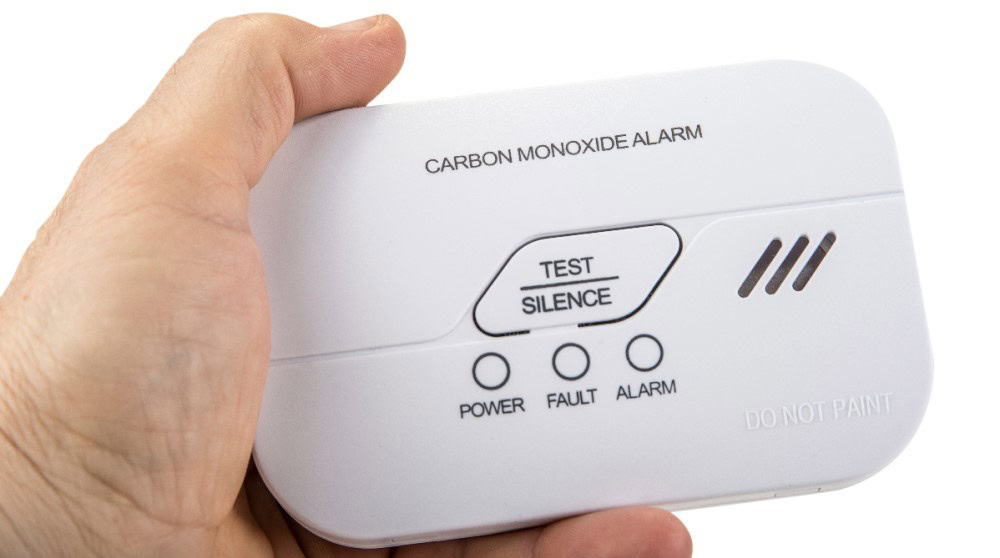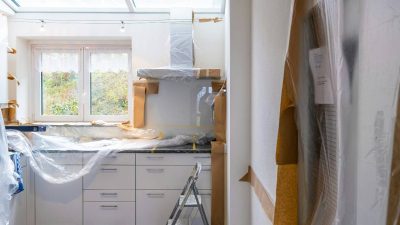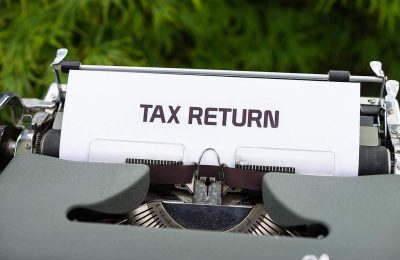Simply put, knowing what to do in a gas emergency could be the difference in losing or saving your property – or even your life.
While this might sound melodramatic, it’s true. Gas safety in the home is incredibly important. Badly fitted and poorly serviced gas appliances can cause gas leaks, fires, and explosions.
A dedicated Gas Safety Week is held every September in the UK, raising awareness of gas safety and the importance of taking care of your gas appliances, but of course, gas safety is something we need to consider all year round. So, in this tenant guide, you’ll learn just what exactly constitutes a gas emergency, what to do in a gas emergency, and the simple steps you can take to prevent a gas emergency from occurring.
Understanding gas emergencies
Hopefully, you’ve never been in a gas emergency before. So, it’s important to be able to recognise what actually constitutes an emergency.
Here are some common situations that qualify:
- A smell of gas: If you notice the distinctive odour of gas, often described as like rotten eggs or garlic, there may be a gas leak in your property.
- A suspected gas leak: If you suspect a gas leak but can’t smell gas, you may notice other signs of a leak. These could include a hissing sound near gas appliances, dead houseplants, or visible damage to gas pipes.
- Experiencing symptoms of carbon monoxide (CO) poisoning: Symptoms of CO poisoning include dizziness, headaches, nausea, breathlessness, loss of consciousness, or fatigue. These symptoms generally improve when you leave the property.
What to do in a gas emergency
Now that we have defined the types of gas emergency, you need to know what to do should an emergency arise.
- Safety first
Safety is your immediate priority in a gas emergency, so follow these precautions:
- Don’t ignite anything: Avoid lighting matches, candles, or cigarettes. Don’t turn on or off any electrical switches, including lights, as this can also generate sparks.
- Ventilate your property: Open doors and windows to allow fresh air into your property, helping to disperse any gas fumes.
- Evacuate: If you suspect a gas leak or experience symptoms of CO poisoning, leave the property immediately, and ensure that all occupants are safely outside. Don’t forget your pets!
- Isolate the Gas Supply
If it is safe to do so, turn off the gas supply to your property. We strongly recommend locating your gas supply valve in advance, so you know exactly where to go in an emergency. The supply valve is usually found beside your gas meter – turn the valve to the ‘off’ position.
If it is unsafe or you are uncertain about what to do, then leave this step – your safety is your first priority.
Contact the National Gas Emergency Service: 0800 111 999
In Scotland, you can reach the National Gas Emergency Service immediately by calling the free 24-hour national emergency number, 0800 111 999.
Be ready to provide the following information:
- Your address and postcode.
- Details of the gas emergency, including the type of gas involved (natural gas or LPG).
- Any relevant information about the situation.
- Do not re-enter your property
Under no circumstances should you re-enter your property until it has been declared safe by a qualified Gas Safe registered engineer. They will assess and rectify the issue.
Preventing gas emergencies
We’re sure you’ll agree, it’s always better to take preventative action than to have to deal with an emergency.
So, here are some proactive steps you can take to minimise the risk of gas emergencies in your rental property:
Regular servicing
Ensure that gas detectors and appliances, including boilers, heaters, and stoves, are checked and serviced annually by a Gas Safe registered engineer. This helps identify and address potential issues before they become emergencies.
Remember that your landlord is not responsible for any gas appliances that you own, so you will need to arrange for your own safety checks and services, too.
Make sure that your engineer is qualified for the type of gas work they are carrying out – check their Gas Safe ID card and the Gas Safe Register website to check. Work carried out by an unqualified or unregistered engineer may be dangerous or even illegal.
Check for warning signs
Regularly inspect your gas appliances for warning signs of trouble, such as unusual sounds, pilot light issues, sooty marks around appliances, or lazy yellow/orange flames instead of crisp blue flames.
Install CO alarms
Your landlord should have already installed carbon monoxide (CO) alarms in your property, in every room with a gas-burning appliance (including boilers, fires and stoves, but excluding gas cookers) or a flue. The alarms should be sealed, battery-powered detectors.
You are responsible for testing them regularly – let your landlord or property manager immediately know if there are any issues.
Know the symptoms of carbon monoxide poisoning
There are six main symptoms of CO poisoning to look out for. We mentioned them above, but just in case you’ve already forgotten, these are: headaches, dizziness, breathlessness, nausea, collapse, and loss of consciousness.
Landlord responsibilities
Know your landlord’s responsibilities regarding gas safety. In Scotland, landlords must provide a Gas Safety Certificate, conduct annual gas safety checks, and keep records of these checks.
Stay gas safe in your rented property
The impact of a gas emergency could be truly devasting. Staying safe in your rental property is a shared responsibility between you and your landlord, and we really cannot emphasise enough how important it is for you take simple gas safety preventative actions. Prioritising your safety and understanding what to do in a gas emergency will help to protect your property, and your life.
If you’re unsure of anything gas-related in your rental property then chat to your landlord or property manager as soon as you can. You can also contact your local gas engineers for information and advice.












